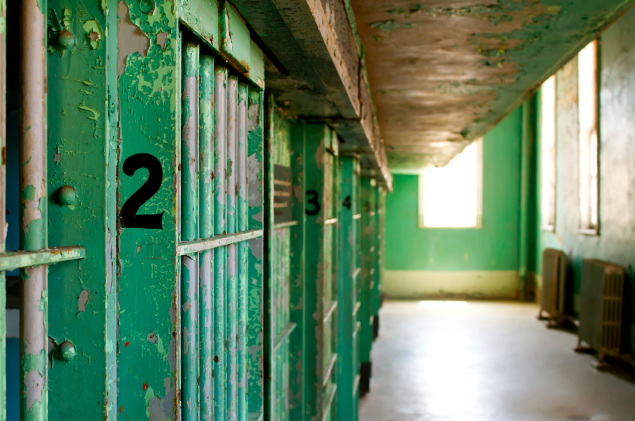
Inside my backyard shed are two signs that my fiancée and I recently made. The signs read, “Indonesia, we love you but please tell your Government to stop killing Australian citizens”.
Over the past month or so, I have spoken on various radio stations and contributed to numerous public forums against the state sanctioned killing of Myuran Sukumaran and Andrew Chan.
My spirits have been buoyed by the great diversity of Australians from all political persuasions who have sung with one voice against the Indonesian Government killing Australian citizens.
On the ABC’s Q&A, Alan Jones lashed out at the Australian Federal Police for ostensibly facilitating the proposed murder of the Australian citizens by the Indonesian authorities.
In the Parliament of Australia we have heard impassioned and eloquent pleas for mercy from the Minister, and Shadow Minister, for Foreign Affairs. And Malcolm Turnbull has appealed to Indonesia’s leadership, arguing that granting mercy is a sign of political strength rather than political weakness.
I am proud that the leader of my political party Fiona Patten has championed a powerful civil liberties message opposing the executions. The Australian Sex Party’s #BoycottBali campaign has empowered Australian citizens to act with a collective conscience by choosing to holiday in destinations that respect the most basic civil liberty of all – the right to live.
Yet in light of overwhelming public support for the lives of Myuran Sukumaran and Andrew Chan, I have been confronted by those with opposing views. I always welcome robust debate and I respect those who engage in the contest of ideas. Although, on a personal note, I have been surprised by the vehemence with which some have supported the state sanctioned murder of these two human beings.
As we all know, sometimes heartless minorities are more vocal than humane majorities but now, more so than ever, I am wondering to what extent the Australian public supports or rejects the death penalty.
The sanctity of Indonesia’s sovereignty has been used as an excuse to allow the murders to go ahead without objection. It’s unfortunate that such a lazy philosophical and ethical position could seriously be put forth in the 21st century. A position such as this can only serve to hinder the progressive moral development of humankind. The civil liberties of all humans on earth should be inherently immune to the egoism and constructs of statehood.
Two people have been locked up for ten years and are about to be dragged into the jungle and shot.
Grandparents, mothers, fathers, brothers and sisters have agonised for years only to contemplate the seemingly inevitable brutal murder of their loved ones.
To make a human being wait ten years for death instead of freedom is a vicious, cruel, and evil form of punishment.
It is patently clear that killing people and imposing exceedingly punitive measures on human beings who make stupid mistakes out of desperation in their youth does not stop the scourge of unregulated drugs. That states continue the failed war on drugs is a moral blight on our humanity.
That any person would advocate state sanctioned killings 43 years after Whitlam’s Death Penalty Abolition Act is an extreme moral regression that could only be championed by someone whose place in humanity is retarded by a selfish ethical depravity and a misconception of the role a state should play in the lives of human beings.
I fear that if Indonesia goes ahead with killing of Myuran Sukumaran and Andrew Chan, it will be difficult for an Australian Government to convince the public to give aid to our neighbour. That thousands or hundreds of thousands of innocent people could suffer because of a diminished will to afford aid in Indonesia’s hours of need would be the greatest tragedy of all.













